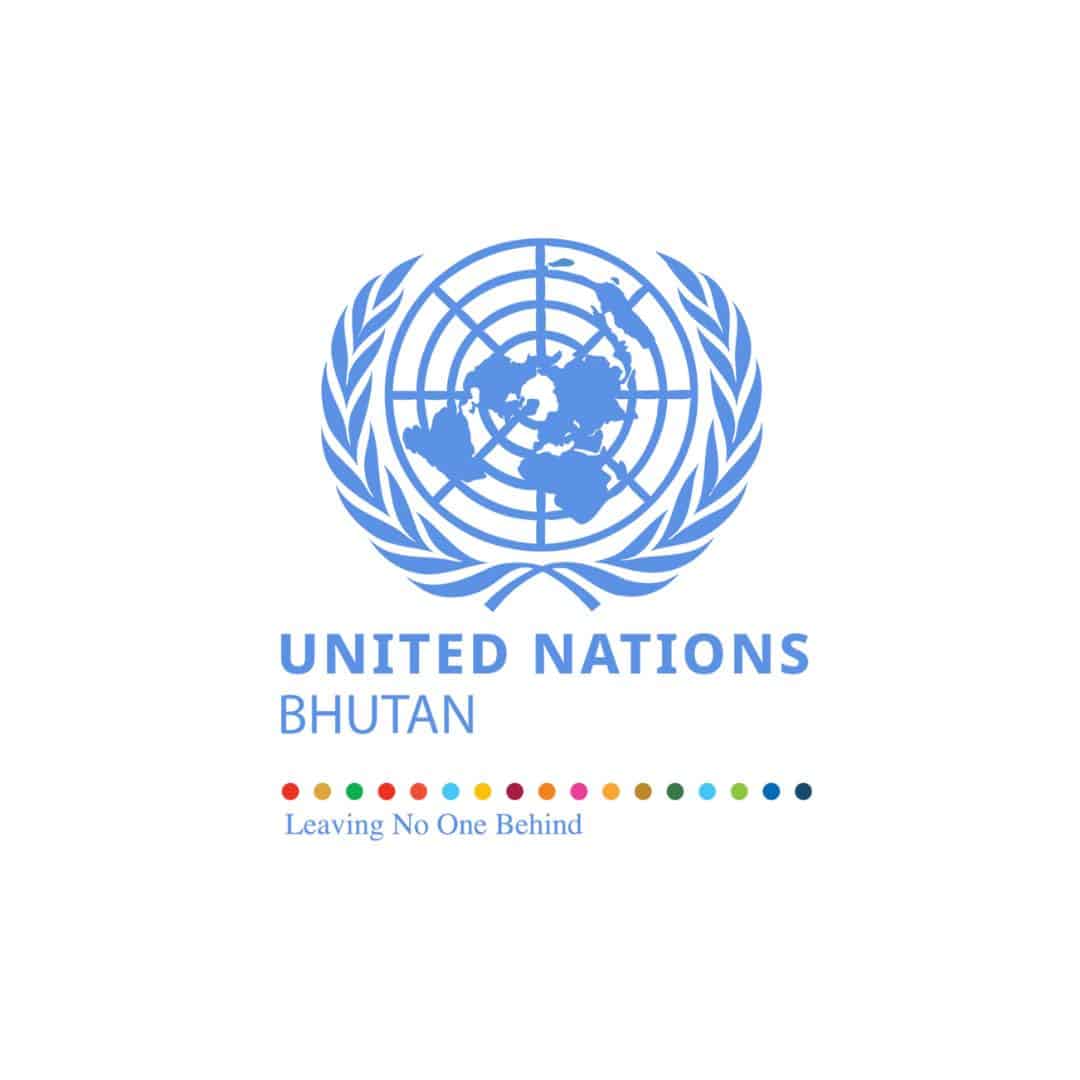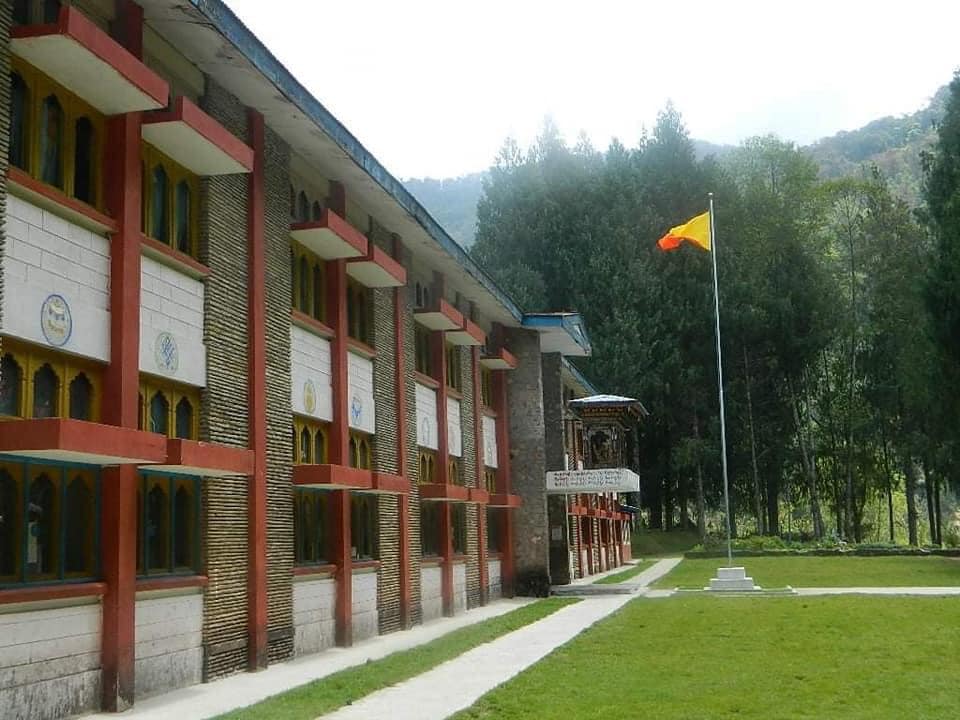Agriculture and Forests Minister Yeshey Penjor emphasized on the need for the country to become food self-sufficient in the wake of the World Food Programme (WFP) withdrawing their support during the World Food Day, which was observed at the Sakteng Lower School in Tashigang last week.
Addressing the gathering, the minister stressed on the importance of the School Agriculture Programme (SAP) in ensuring food security in schools, which is one of the successful initiatives in place to supplement nutrition.
While highlighting the importance of celebrating the World Food Day, he also shared about the opportunities in agriculture farming and linking farmers to schools. “Rural development and food self-sufficiency are among our top priorities,” he said.
“The farmers will be trained in production, planning, post-harvest techniques, farmer organization and business management and link them to schools for increased dietary diversity, local and fresh food and increased farmers’ income,” the minister said.
He also deliberated on the importance of consuming fortified rice, meat and the right amount of salt intake. Meanwhile, theme related awareness programs were also organized to mark the day.
With the theme, “Our actions are future, healthy diets for zero hunger world”, the World Food Day is observed every year across the world to mark the foundation of Food and Agriculture Organization of the United Nations, which works against hunger, malnutrition and poverty.
Meanwhile, more than 30,000 students, throughout the country, are supported by the WFP under the school feeding program. The rest are supported by the government.
The SAP was introduced in 2000 to replace the phasing out project. Under the program, schools grow their own vegetables.
According to WFP’s Program and Policy officer, Dungkar Drukpa, WFP will not continue with the provision of in-kind food assistance; instead will shift its focus on institutional strengthening and capacity development in school nutrition program.
Dungkar Drukpa emphasized on the WFP’s pledge for “Stop The Waste” movement and urged the gathering to ensure reducing food waste. Likewise, he said that learning platform for nutrition education and behavior change is also planned for development to motivate children and ensure stronger nutrition education learning and integrate physical activity in the school’s learning session.
Further, a Menu Optimizer Tool to ensure that school children get the maximum nutritional benefit from local produce at the minimum cost is also being developed. As part of this, WFP will support linking farmers to the schools.
WFP will also continue its support to rice fortification. Having already started supplying fortified rice to all the schools under the feeding program, WFP will now support the RGoB in developing a national regulatory and compliance framework for food fortification including safety standards and setting up rice fortification blending facility.
Kinley Yonten from Sakteng















